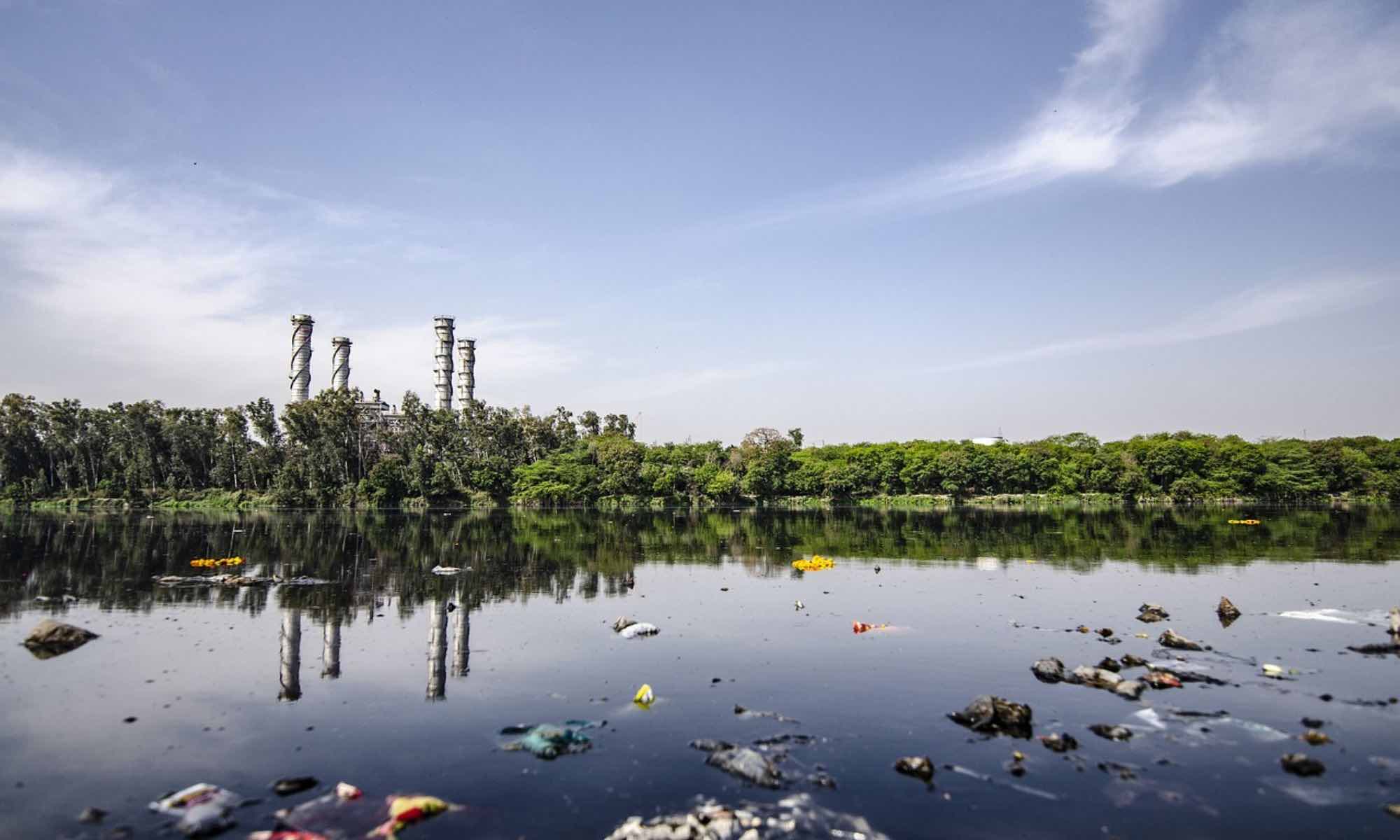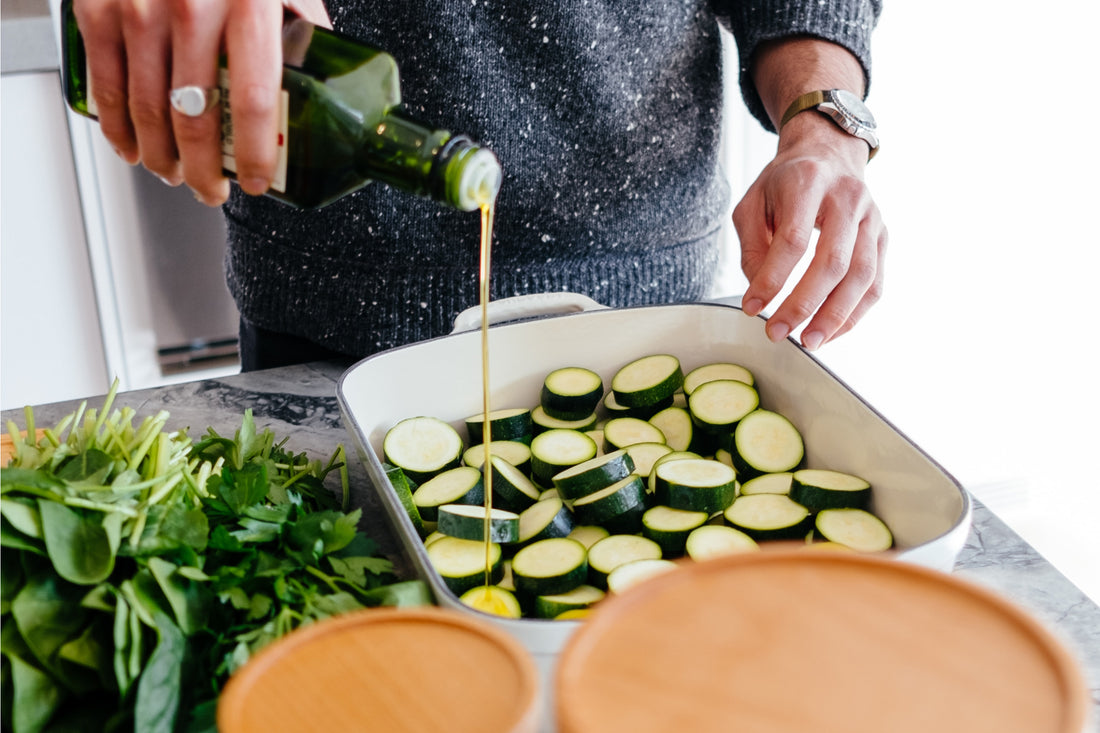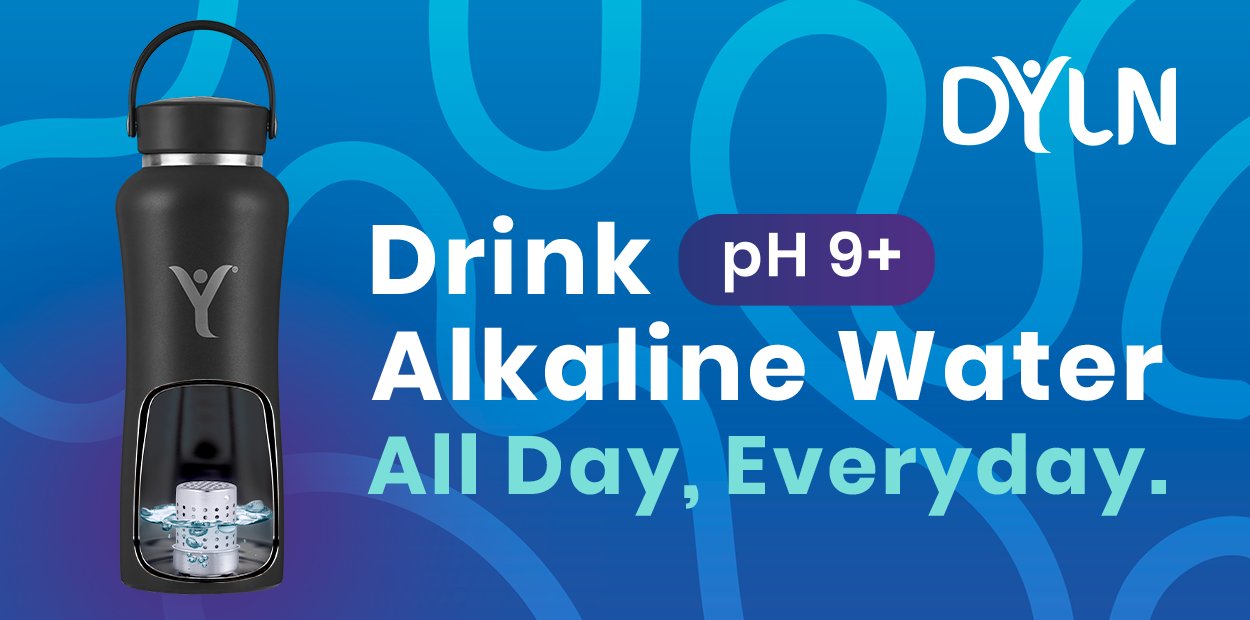No hace falta decir que el agua es un aspecto importante de la vida. Sin embargo, actualmente nos enfrentamos a una grave crisis ecológica debido a la contaminación del agua, y las actividades humanas son en gran medida responsables de introducir contaminantes en los cuerpos de agua.
Cuando los contaminantes y otras formas de desechos terminan en nuestros arroyos, lagos, ríos y océanos, causan daños irreparables a los ecosistemas de nuestro planeta, amenazan la vida acuática y degradan la calidad del agua.
¡Sí, el agua que llega a nuestros hogares!
¿Qué es la contaminación del agua?
La contaminación del agua se produce cuando los contaminantes, en forma de desechos o sustancias tóxicas, llegan a nuestros lagos, ríos, océanos u otros cuerpos de agua. La introducción de estos contaminantes en los sistemas hídricos de nuestro planeta tiene una serie de consecuencias graves.
La basura u otras formas de desechos plásticos pueden permanecer flotando en el agua durante muchos años. Para ser exactos, el plástico tarda más de 400 años en descomponerse. Las sustancias tóxicas pueden disolverse en el agua, dejando atrás depósitos químicos y filtrándose gradualmente en las aguas subterráneas.
Hay varios factores que pueden contribuir a la contaminación del agua, pero las actividades humanas son las principales responsables. Las aguas residuales urbanas y los vertidos de residuos industriales contribuyen en gran medida a esta inminente crisis ecológica, pero también intervienen fuentes indirectas. Por ejemplo, los contaminantes pueden entrar en el suministro de agua a través del suelo y los sistemas de aguas subterráneas.
¿Cuáles son las consecuencias de la contaminación del agua?
La contaminación del agua es una grave amenaza para la salud de los seres humanos y la sostenibilidad de los ecosistemas de nuestro planeta. Cuando las principales fuentes de agua de las que dependen los seres humanos se ven afectadas por la contaminación del agua, puede tener efectos adversos para nuestra salud. La contaminación del agua también causa daños irreparables a nuestros ecosistemas y crea un entorno inhóspito para la vida acuática .
Formas de prevenir la contaminación del agua
Algunos países han implementado regulaciones para evitar que las operaciones industriales y agrícolas arrojen contaminantes al agua, pero, por supuesto, esto no es suficiente.
Para reducir nuestra contribución colectiva a la crisis de contaminación del agua, es necesario ser más conscientes del medio ambiente en nuestras decisiones diarias. ¡A continuación, presentamos una lista de formas sencillas de prevenir la contaminación del agua!
1. Preste atención a lo que tira por el desagüe
Muchos de nosotros no nos damos cuenta de que hay muchas cosas que no deberíamos tirar por el desagüe. Cuando cocines, nunca tires grasa, aceite ni grasa por el desagüe. ¡No lo hagas! La mejor manera de desechar inmediatamente los aceites y las grasas es tener un frasco debajo del fregadero para recogerlo todo.
2. Deje de usar botellas de agua de plástico
La basura es un gran problema. La mayoría de las botellas de plástico acaban amontonándose en los vertederos o flotando en los océanos. De hecho, una investigación publicada en 2015 sugiere que nuestros océanos reciben hasta 8 millones de toneladas métricas de plástico cada año.
La forma más sencilla de reducir tu contribución a la contaminación del agua es eliminar el uso de botellas de plástico. En lugar de comprar agua embotellada en el mercado, invierte en una botella de agua reutilizable para mantenerte hidratado durante todo el día.

¿Otra ventaja de optar por una botella de agua reutilizable ? Al eliminar los costes de compra de agua embotellada, ¡ahorras un montón de dinero a largo plazo!
3. ¡Tu inodoro no es un cubo de basura!
La mayoría de nosotros ya lo sabemos, pero aún hay que decirlo: el inodoro no es un cubo de basura: ¡presta atención a lo que tiras por el inodoro!
Si tratamos el inodoro como si fuera un cesto de basura, muchos elementos terminan en lugares donde no deberían estar y esto es un problema muy grave porque no se descomponen de la misma manera que el papel higiénico. Además, pueden obstruir las tuberías e introducir sustancias nocivas en el sistema de agua.
4. Cambie a productos de limpieza ecológicos
¡Optar por productos de limpieza naturales es una de las mejores cosas que puedes hacer por el medio ambiente y tu salud!
La mayoría de los productos de limpieza del hogar contienen sustancias químicas que pueden dejar residuos químicos en las superficies en las que los utilizamos. Los productos de limpieza naturales también pueden hacer el trabajo y, al mismo tiempo, limitar la exposición a estas sustancias nocivas.
Lo más importante: ¡NO arroje productos de limpieza químicos por el desagüe porque introducen sustancias tóxicas en el sistema de agua!






